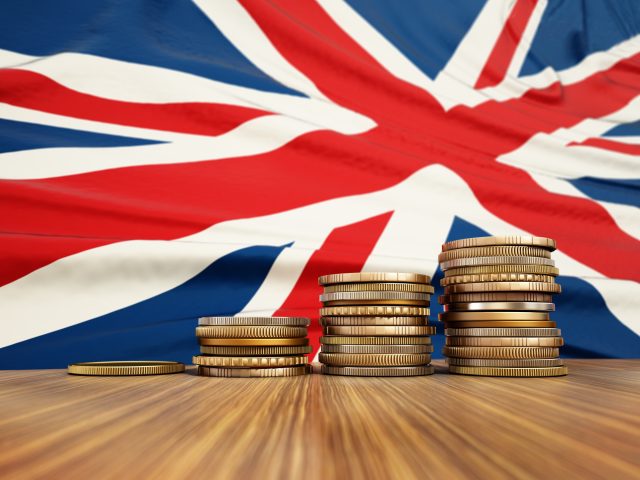This website uses cookies so that we can provide you with the best user experience possible. Cookie information is stored in your browser and performs functions such as recognising you when you return to our website and helping our team to understand which sections of the website you find most interesting and useful.
UK exits recession, but what hope for hospitality?
Hospitality businesses remain crippled by high interest rates despite today’s GDP figures showing signs that the UK economy is “returning to full health”.

This morning, Chancellor Jeremy Hunt said today’s GDP figures are “proof that the economy is returning to full health”.
Today’s figures also show how the economy performed in March alone. According to the BBC, economists had expected a 0.1% increase in GDP. What they actually witnessed was a growth of 0.4% between February and March.
Within that, accommodation and food services, aka dining out, saw a strong rise, boosted by the early Easter break as well as Mother’s Day and St Patrick’s Day.
However, experts disagree that the GDP figures are a sign of “full health”. Following two years of very little growth, one set of positive figures “cannot be considered as ‘proof’ of anything”, according to Prof Stephen Millard, deputy director of the National Institute of Economic and Social Research.
Accountants at the Institute of Chartered Accountants in England and Wales are calling the rise in GDP a “hollow victory”.
Suren Thiru, the Institute’s economics director, says the bigger picture “remains one of an economy struggling with stagnation, as poor productivity and high economic inactivity limits our growth potential”.
He said: “The strong exit from recession may inadvertently keep UK interest rates higher for longer by giving those policymakers still worried about underlying inflationary pressures enough comfort on economic conditions to continue putting off cutting rates.”
On-trade fallout
So what impact is there on the UK on-trade? Despite early signs of economic growth, the Bank of England has kept interest rates where they are, meaning businesses will continue to battle with cost pressures.
Yesterday, seven of the Bank’s Monetary Policy Committee, which oversees interest rates, voted to hold the rate at 5.5%. Two members voted for it to be cut.
UKHospitality has said the Bank of England’s decision to hold interest rates again continues to force businesses to divert money away from investment into paying the bills.
Kate Nicholls, chief executive of UKHospitality, said: “It’s disappointing that we’re not seeing interest rates ease when we have seen sustained falls in the rate of inflation.
“Many hospitality businesses are still struggling with Covid-related loans repayments due to persistently high interest rates, and it continues to suck money away from investment and business growth.
“Hospitality has a track record of driving economic growth, creating jobs and helping regenerate towns and cities, when it has the financial headroom to invest. A lower interest rate is a key component of freeing up cash for businesses, and I hope to see rates come down next month.”
Amy Knight, personal finance expert and small business commentator at financial comparisons website NerdWallet UK, said there is likely to be an “agonising delay” before business owners in the UK feel the benefit of a healthier economy.
She said: “Services has outpaced production and construction, both month-on-month and quarter-on-quarter. Smaller retail firms will have contributed to the impressive 0.7% growth in this sector.
“However, sticky inflation has meant business expenses have been hard to swallow. Though the increase to the VAT threshold is helpful for some, business rates continue to weigh heavy on smaller firms.
“Wages have also jumped up significantly, leaving many business owners unable to consider expansion because they’re still fighting to clear debts built up over the last few years.”
The energy crisis, shipping delays and other supply chain pressures have created “deep holes that smaller firms are still struggling to climb out of”, she said. Despite economic turnaround, “inflation has been baked into the cost of doing business for so long now that even positive economic news may leave a bitter aftertaste for those who’ve spent the post-pandemic period watching their profits evaporate.
Knight argued that it would take a “generous cut” in interest rates at the next Monetary Policy Committee meeting to “sweeten the current outlook”.
Related news
Bourgogne wine see global growth despite difficult market conditions

